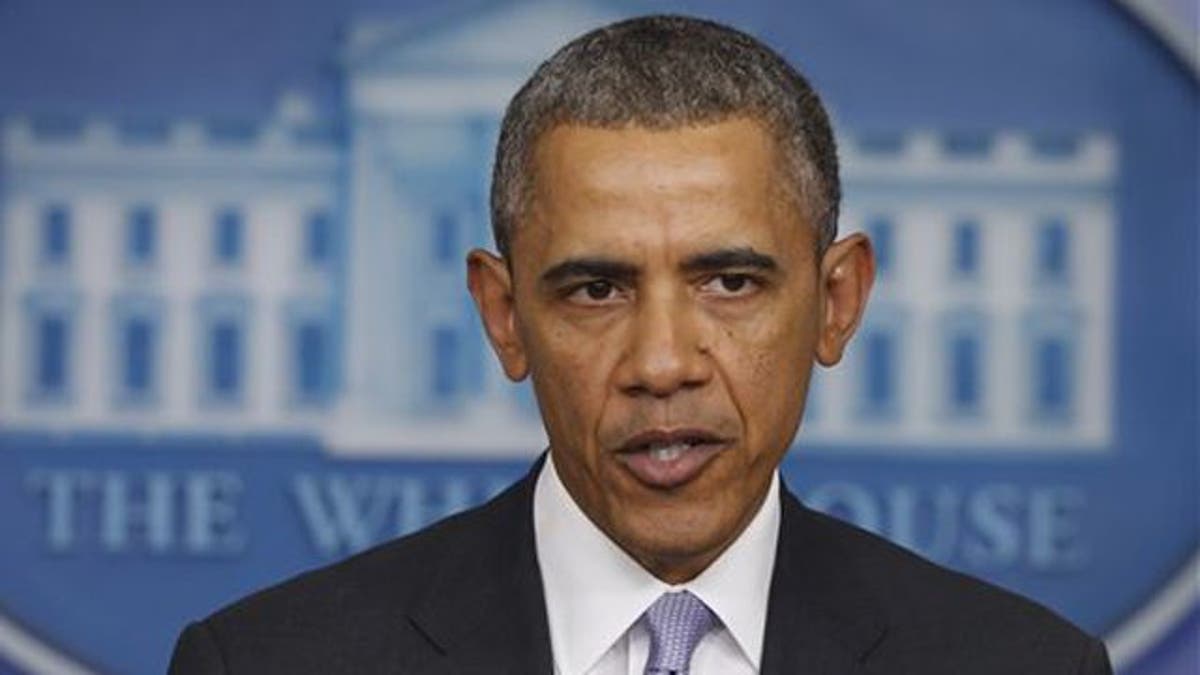
The federal government is in the middle of rewriting its Dietary Guidelines for Americans, a twice-per-decade process that sets the nation’s official nutrition recommendations.
The process has historically been non-controversial, but this year’s meetings have attracted criticism like never before. That’s because the committee in charge of setting the guidelines appears to be more concerned with sustainable agriculture and the virtues of veganism than with developments in nutrition science. This injection of activism into an entirely non-political task threatens to turn the clock back on public health in America, and the Obama administration is doubling down on its mistake, appointing yet another radical environmentalist to a senior nutritionist position.
The White House recently tapped Angie Tagtow, who calls herself an “environmental nutrition consultant,” as executive director of the USDA’s Center for Nutrition and Policy and Promotion (CNPP). Tagtow’s job is to implement the government’s official dietary guidelines and food policy agenda. Yet Tagtow hardly seems concerned with nutrition science, and if past actions are any predictor of future performance, she is more likely to use her office to push out-of-the-mainstream environmental priorities than to set a pragmatic federal food policy.
[pullquote]
Tagtow is the first executive director of CNPP to have neither a Ph.D. nor a career background with extensive experience in food science and public health. What she lacks in qualifications, however, she makes up for in experience as a crusader for socially and environmentally responsible agriculture. The executive director of the CNPP is supposed to come equipped with pragmatic and feasible ideas to help Americans make better choices about what they eat on a day-to-day basis. Tagtow’s ideas center less on sound dietary science and more on “sustainable agriculture,” a niche cause of the bourgeois left that has no practical implications for the broader public.
Tagtow’s first major project as executive director will be overseeing implementation of the new federal dietary guidelines, but the panel tasked with writing the guidelines has been in place for several months now, and has given Americans plenty of reasons to be concerned about its direction. The Dietary Guidelines Advisory Committee (DGAC), tasked with examining food science to set the amount of calories, fats, carbohydrates, proteins and other nutrients that comprise the ideal diet, is instead focused on the same fringe environmental causes that Tagtow has spent her career advancing. Instead of analyzing the relative benefits of grains, meats and vegetables, the committee has discussed the carbon footprint of farmers’ markets, federal bans on sugary drinks, urban agriculture, climate change and the sustainability of the plant-based diet.
Although each of these concerns has value, all fall well outside the scope of the DGAC’s mission, which is to set the official recommended daily nutrient values seen on the Nutrition Facts label on the back of every food container, and to create helpful tools like the Food Pyramid and MyPlate, aimed at encouraging everyday consumers to choose a balanced, nutritionally sound diet. With obesity rates at a startling level, the DGAC’s mission is too important to be cast aside in favor of niche matters that have no bearing on the average American’s eating habits.
The DGAC’s official guidelines also have a direct impact on how millions of Americans eat, as the government uses the guidelines as its roadmap when purchasing food and setting menus in federal and state-run facilities, including schools, military bases, prisons and government office cafeterias. The government makes bulk food purchases in accordance with the DGAC’s suggested nutrient consumption ratios, and if the committee writes guidelines rooted in personal politics and ecological priorities instead of sound food science, millions of children, soldiers and federal employees will be left to eat unbalanced and incomplete meals.
Government nutritionists play an important role in our nation’s broader public health strategy, and have the power to significantly influence the way Americans eat. Nutritionists need to meet consumers in the middle by setting practical guidelines that encourage healthy eating, but the activists the Obama administration has chosen to fill these key roles seem either unwilling or incapable of doing so.
